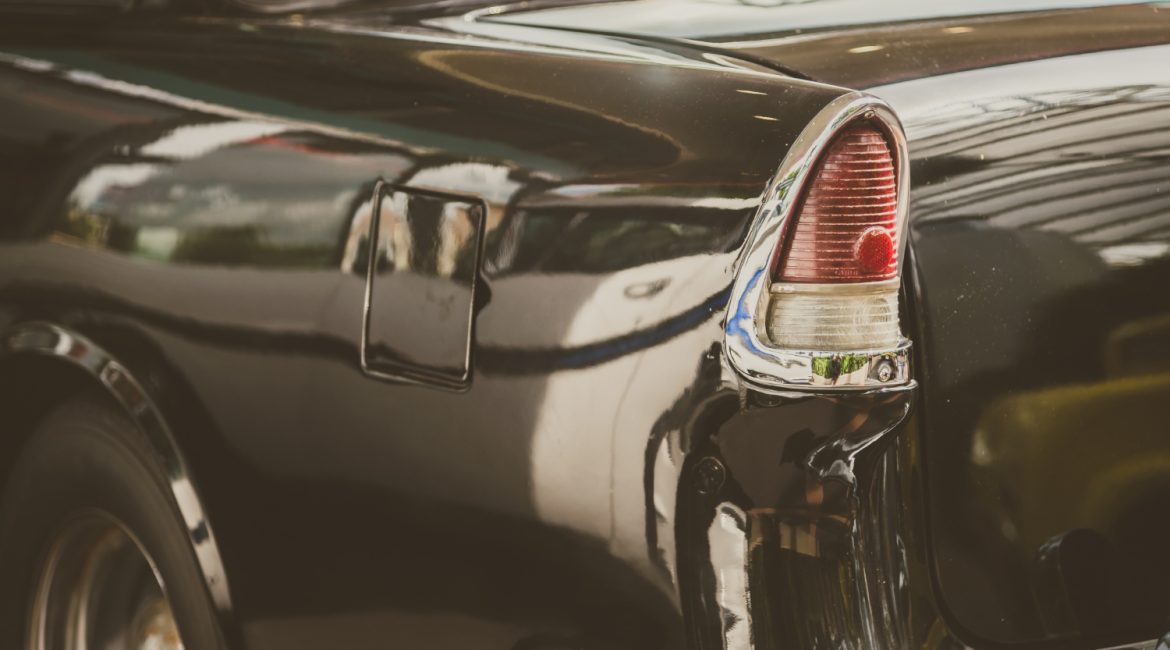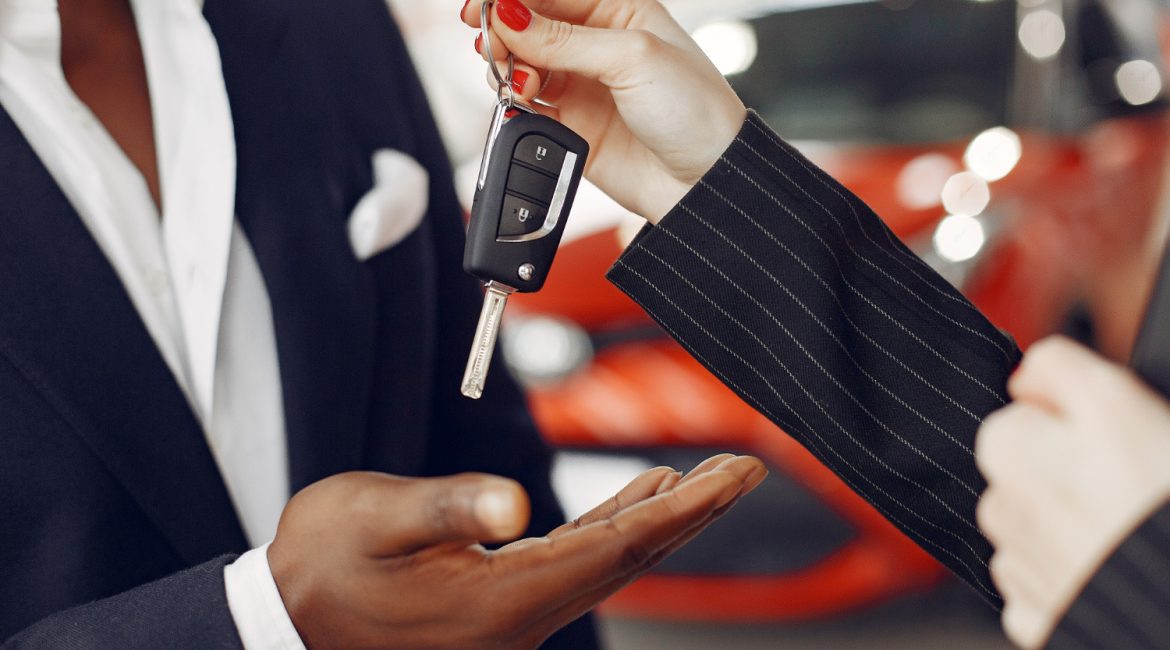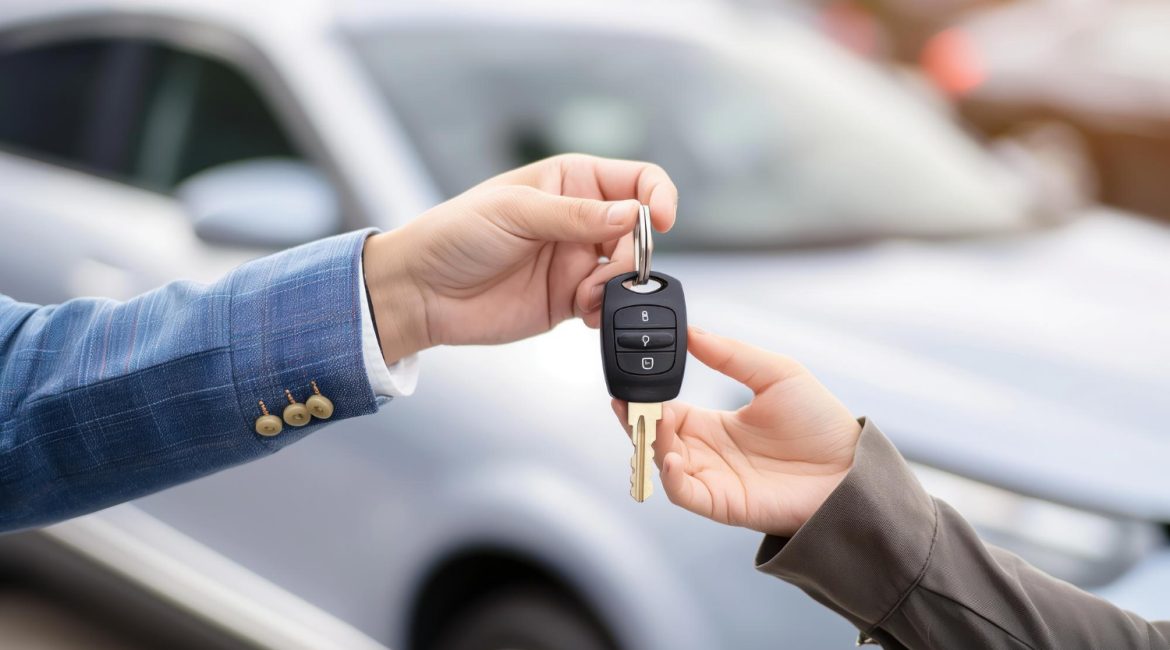Purchasing a Car in Victoria

Purchasing a car in Victoria is governed by several key pieces of consumer protection legislation, including the Australian Consumer Law and Fair Trading Act 2012, the Motor Car Traders Act 1986, and the Motor Car Traders Regulations 2018. These laws ensure that consumers are protected when buying a vehicle, but the protection level depends on the purchase method. In this article, we will cover the different ways to purchase a car in Victoria and what rights you, as a buyer, are entitled to.
Purchasing a Car from a Motor Dealer
Buying a vehicle from a licensed motor dealer offers more protection than other purchasing methods. Motor dealers in Victoria must comply with several rules designed to safeguard consumers.
Cooling-Off Period
When you purchase a car from a motor dealer, whether it is new or used, you are entitled to a cooling-off period of three business days. This means that if you change your mind within this timeframe, you can cancel the purchase, though some costs may apply depending on the terms of the contract.
Guarantee of Clear Title
A motor dealer is legally required to provide a guarantee of a clear title. This means the vehicle must not be stolen or have any money owed on it from a prior financing arrangement. The guarantee ensures that you have full legal ownership when you buy the car, free from any claims or debts associated with the vehicle.

Statutory Warranty
If the car you purchase is less than 10 years old and has an odometer reading of fewer than 160,000 kilometres, the dealer must provide a statutory warranty. This warranty lasts for either three months or 5,000 kilometres, whichever comes first. It covers defects and issues that may arise during this period but excludes certain items such as:
- Faults listed on a defect notice
- Tyres, batteries, and non-standard accessories
- Wear and tear caused by misuse or accidents after purchase
Roadworthy Certificate
The dealer is required to supply a current roadworthy certificate for the vehicle, which confirms that the car meets safety standards. This certificate is necessary to transfer ownership and register the car with VicRoads.
Notice Forms
Motor car dealers must display specific notice forms on used vehicles detailing their condition and defects (if any). These notices also indicate whether the car comes with a warranty and whether it is being sold with current registration.

Buying a Car at an Auction
Purchasing a car at an auction can sometimes be cheaper, but it comes with additional risks compared to buying from a dealer.
Limited Consumer Protection
When buying a car at an auction, you will not receive the same protections you would from a motor dealer. Specifically:
- There is no statutory warranty, even if the car is less than 10 years old or has travelled fewer than 160,000 kilometres.
- You may not receive a roadworthy certificate, as vehicles can be sold without one at auctions.
- You do not get a cooling-off period, meaning once the hammer falls, the sale is final.
However, the auction house is still responsible for ensuring the vehicle has a clear title, meaning it is not stolen or under financial encumbrance.
In some cases, it is recommended that an independent mobile vehicle inspector assess whether a bid for a vehicle is worth the investment.
Roadworthy Certificate and Registration
If you purchase a vehicle at auction, you may need to independently obtain a roadworthy certificate before the car can be registered with VicRoads. While the dealer usually handles this process in standard sales, it becomes the buyer’s responsibility at an auction.

Buying a Car from a Private Seller
Buying a car from a private seller involves the greatest risk because it lacks consumer protection when purchasing from a dealer or auction.
No Warranty or Cooling-Off Period
When buying from a private seller, there are:
- No statutory warranty: The seller is not required to fix any defects after the sale.
- No cooling-off period: Once the sale is completed, it is final.
As a result, you must thoroughly inspect the vehicle and understand its condition before purchasing.
It is crucial for families without the proper knowledge of cars and motor vehicles to have their vehicles properly assessed by a mobile vehicle inspector.
Clear Title and Roadworthy Certificate
Private sellers are not obligated to guarantee a clear title, meaning the buyer must take extra steps to ensure the vehicle is not encumbered or stolen. This can be done by checking the Personal Property Securities Register (PPSR). Additionally, private sellers are not required to supply a roadworthy certificate, so it’s important to negotiate this before completing the purchase. Without a roadworthy certificate, you cannot transfer the vehicle’s registration into your name with VicRoads.
Vehicle Transfer and Fees
When buying from a private seller, both parties must complete a vehicle transfer form and lodge it with VicRoads and a roadworthy certificate. The buyer is also responsible for paying duty and transfer fees to complete the registration transfer.

Purchasing a Car Online
Both motor dealers and private sellers often list cars online. When buying a car online, it is important to follow specific precautions.
Inspect the Vehicle in Person
If possible, arrange to physically inspect the vehicle before committing to the purchase. This allows you to verify its condition and avoid potential scams.
Check the Personal Property Securities Register (PPSR)
Always check the PPSR to ensure that the car is free from any financial encumbrances and is not listed as stolen.
Be Cautious of Scams
Online car listings can sometimes be fraudulent, where scammers post non-existent vehicles at low prices to lure in buyers. The Australian Competition and Consumer Commission (ACCC) operates a Scamwatch website that advises avoiding online vehicle purchase scams.
Interstate Purchases
If buying a car from another state, be aware that different laws may apply to the sale. Additionally, transporting the car to Victoria and arranging registration can be more complex.

Rent-to-Buy Agreements
Rent-to-buy agreements can appear attractive as they offer lower monthly payments than traditional car purchases. However, these agreements come with several important considerations.
Delayed Ownership
In a rent-to-buy arrangement, you do not immediately own the vehicle. Ownership is typically transferred only after making all scheduled payments or paying a specific amount at the end of the agreement.
Contractual Obligations
Before entering into a rent-to-buy agreement, ensure you fully understand the terms of the contract, including:
- Who is responsible for registration and repairs during the rental period.
- Whether the vehicle’s registration will be transferred to you once you become the owner.
- The process for ending the contract early.
- Any additional costs are due after the agreement.
It is also essential to evaluate the total cost of the agreement to determine if it represents good value for money compared to purchasing the vehicle outright.
Novated Leasing
In a novated leasing arrangement, an employer may offer you the opportunity to lease a vehicle by sacrificing part of your salary. The lease typically lasts for three years, after which the car is sold.
Running Costs and Responsibilities
Even though you do not own the car, you are still responsible for its running costs, including fuel, registration, and repairs. Additionally, you will be responsible for any fines or infringement notices issued while using the vehicle.

Using a Motor Car Broker
A motor car broker can assist you in finding a suitable vehicle. However, verifying whether the broker or the dealer is the entity with whom you will be signing the contract for sale is crucial.
Legal Protections
Only licensed dealers are protected under the Motor Car Traders Act 1986. Ensure that the entity selling you the vehicle is licensed to avoid legal issues. Brokers may also charge a fee or commission for their services, which should be factored into your purchasing decision.
Purchasing a car in Victoria involves understanding your rights and obligations based on how you buy the vehicle. Whether from a motor dealer, auction, private seller, or through online platforms, each method comes with varying levels of protection, and it is essential to be aware of these differences to make an informed decision.
Mobile Vehicle Inspections handles all types of inspections, from dealer cars and auctions to private sales. To ensure a safe and smart car purchase, contact Mobile Vehicle Inspections today.

